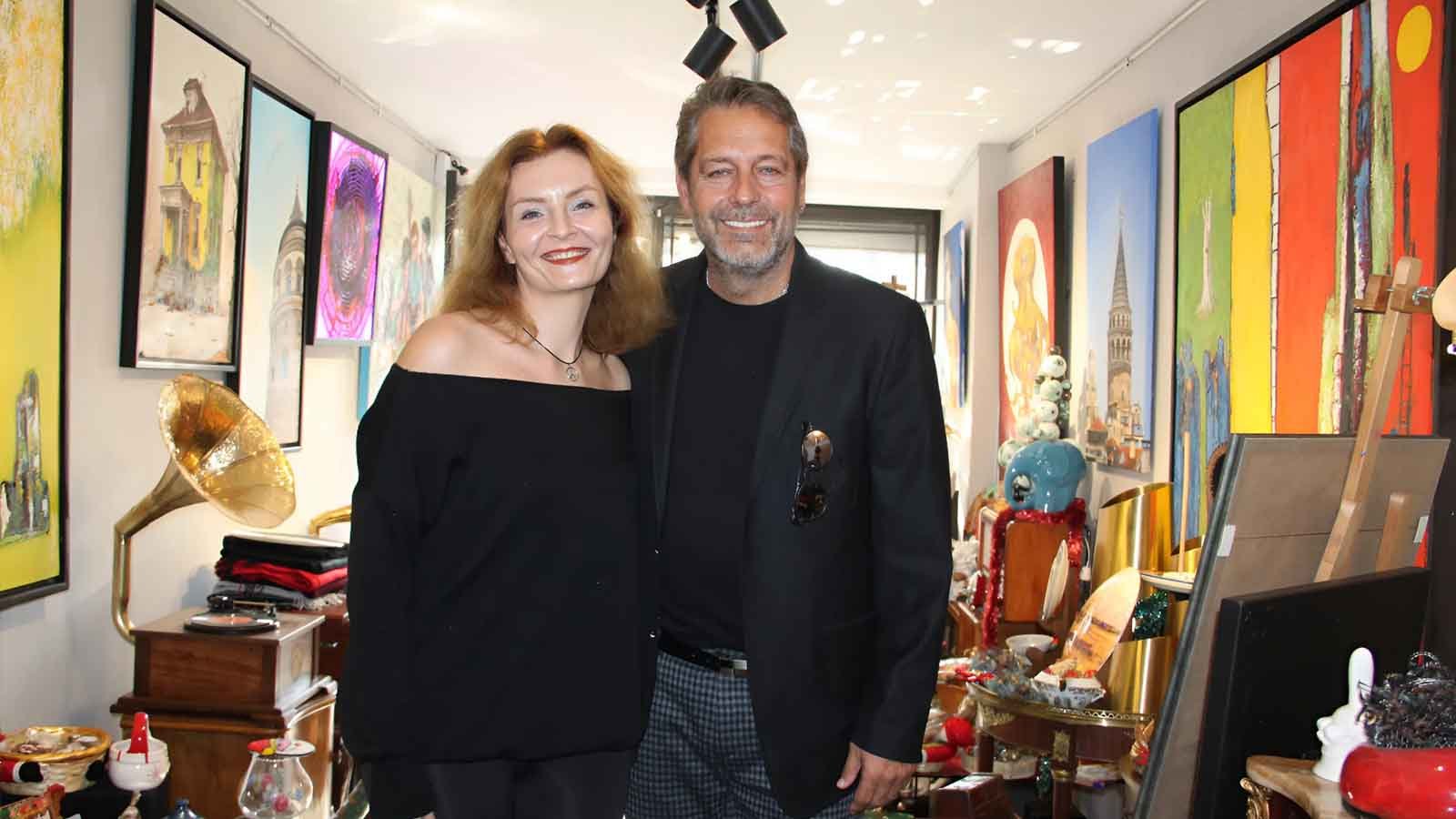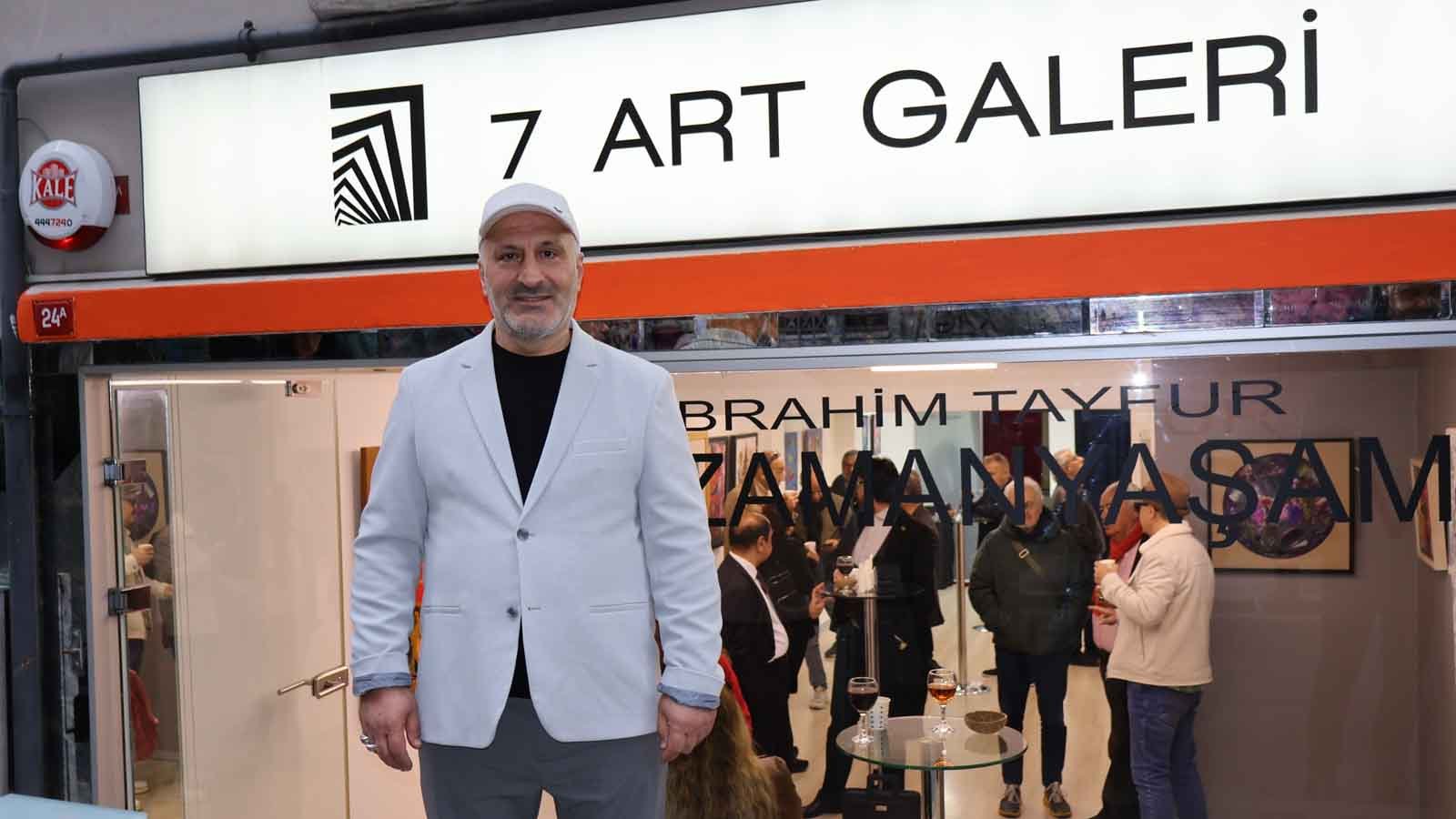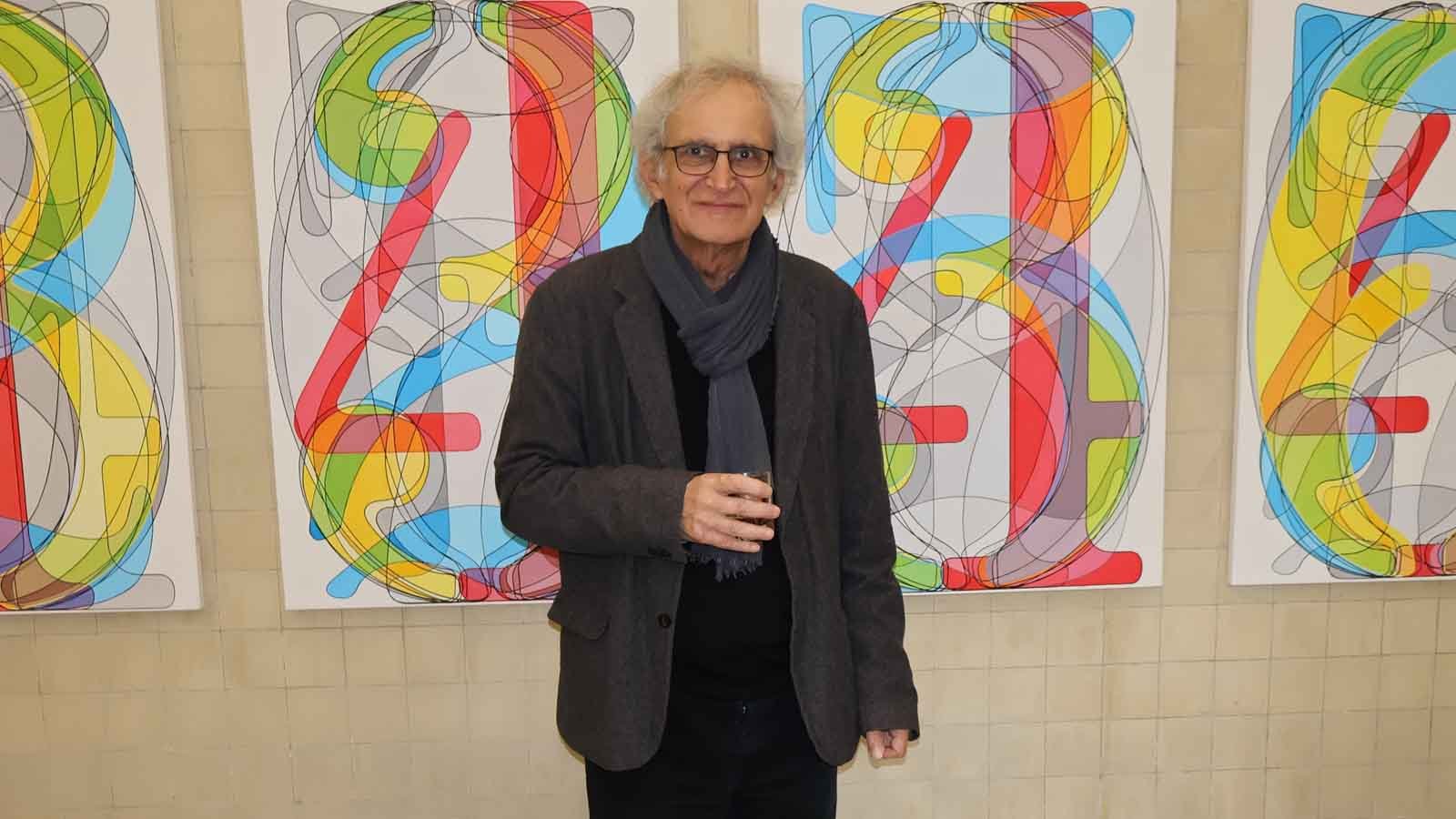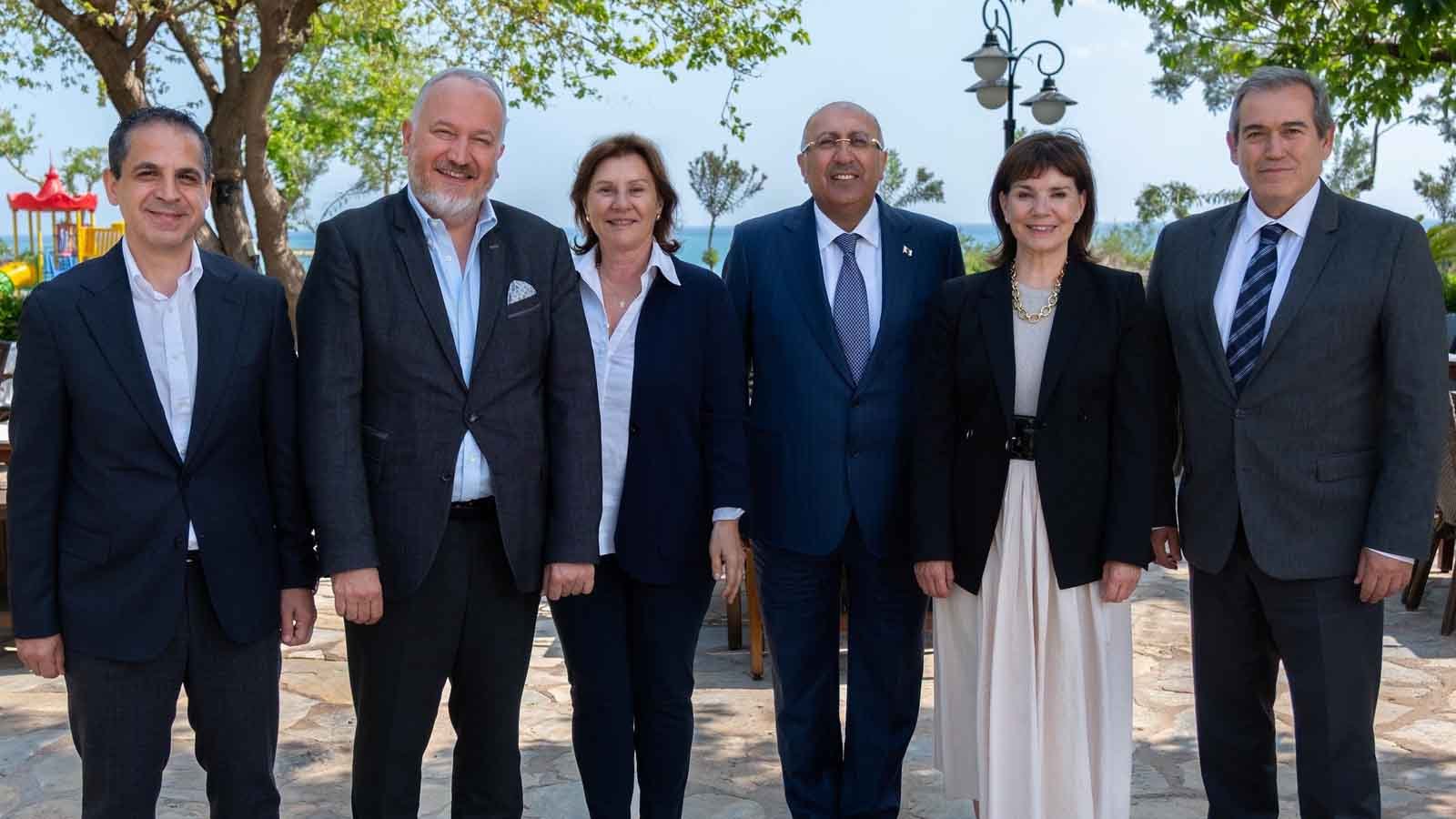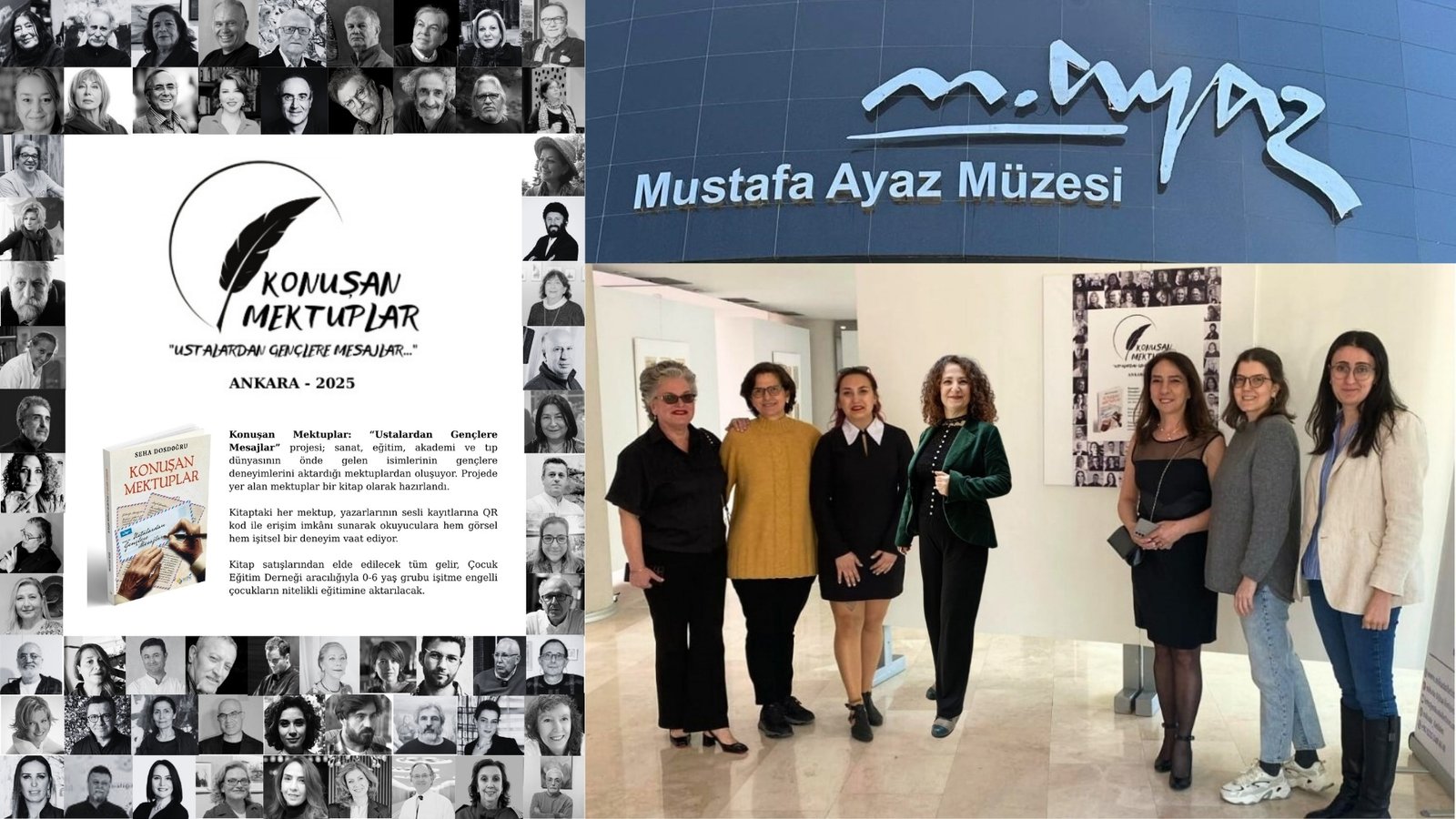The guest of this episode of Eylül Aşkın İle, hosted by Eylül Aşkın and filmed at the Bohem Art Gallery on Lüleci Hendek Street, was musician Bora Gencer. In our conversation, we discussed his book Duayen, published by Destek Publishing at the end of last November in memory of his father, İlham Gencer. We also explored his musical journey, what it means to be a musician in Turkey, his views on today’s music industry, and his upcoming projects.
You can obtain Bora Gencer’s book Duayen through the following link:
https://www.bkmkitap.com/duayen

“I Received Offers for My Looks, Not My Music.”
Bora Gencer shared the story of receiving his first album offer when Halis Bütünley approached him at an industrial site, got into his car, and handed him his business card, saying, “I’m waiting for you.” Gencer recalled Halis later telling him, “If you had seen how admiringly I looked at you through the rearview mirror, you might have thought very differently about me.” Despite being a successful musician with accolades from numerous national and international music competitions, Gencer admitted that his transition to pop music often placed his physical appearance ahead of his musical identity. “I received offers for my looks, not my music,” he said, reflecting on the challenges of being both talented and attractive.
“I Adopted My Brother as My Role Model the Most.”
As the son of İlham Gencer, a renowned musician and jazz pianist, Bora Gencer spoke highly of his brother İlhan Gencer, born from İlham Gencer’s first marriage to Ayten Alpman. “My brother is far ahead of many singers we know in Turkey today,” he remarked, praising İlhan Gencer’s talents. “I can say I was influenced by my father in Western music and by my brother in the Turkish repertoire,” he added, highlighting the significant roles both played in shaping his musical journey.
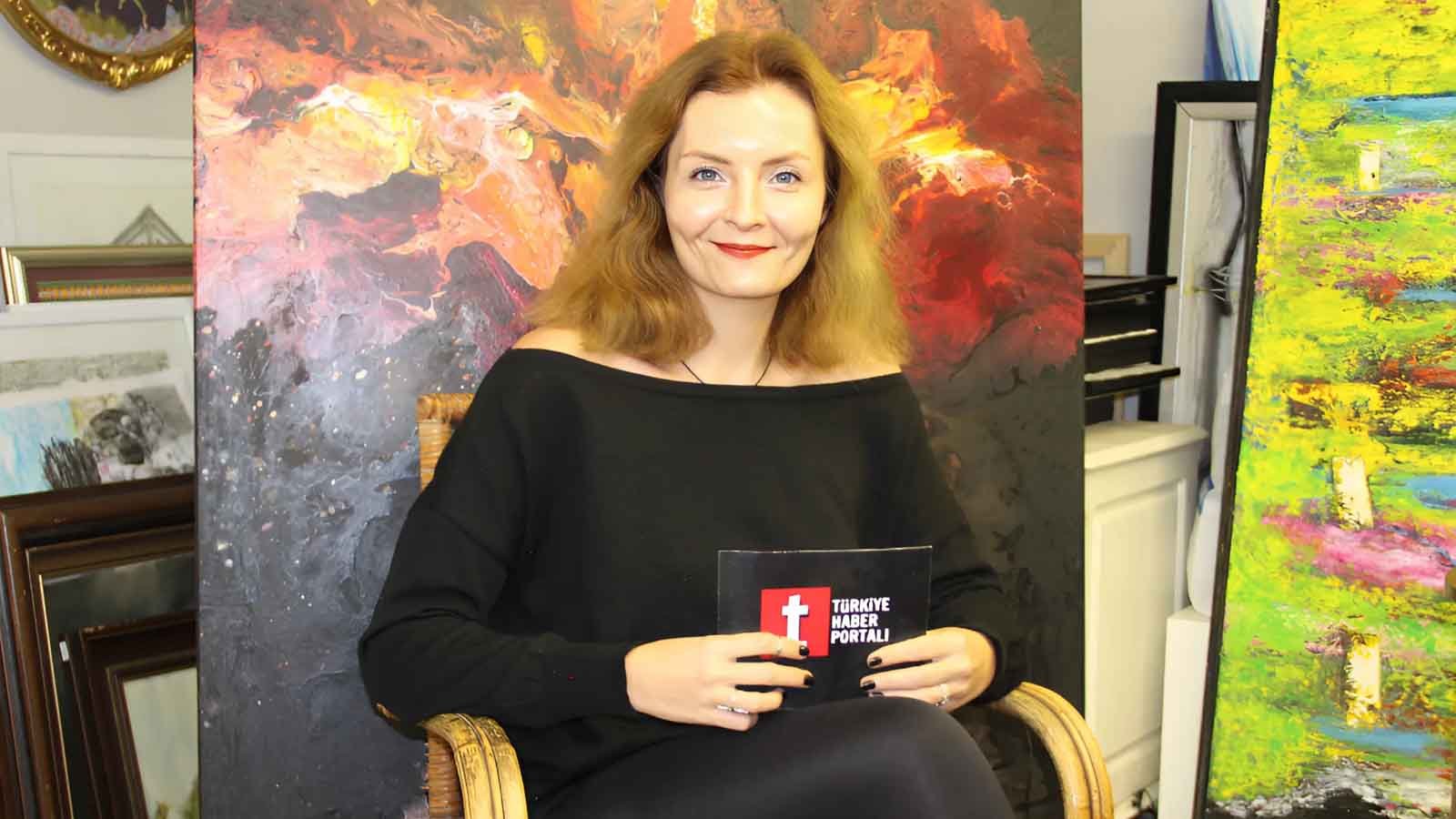
“Farewell Songs” Project Expands Internationally
Bora Gencer’s project Elvedasız Şarkılar (Farewell Songs), which honors the late legends of Turkish music with performances by renowned musicians and donates ticket proceeds to charities or foundations, is preparing to go global. The project, which recently concluded its fifth performance in Marmaris, aims to deliver a universal message. “If I can’t complete the sixth, I will take the seventh to an international level,” Gencer explained. He envisions an event where global artists and tributes to late international musicians unite to create a song akin to We Are the World, promoting peace and urging the world to shun violence, weapons, war, and the killing of children. “Because art is always above politics,” he emphasized.
Reflecting on the lasting legacy of artists, Gencer noted, “If we ask who the interior minister of our fourth government was, no one would remember. But when you say Michael Jackson, Freddie Mercury, Van Gogh, or Nazım Hikmet, everyone knows these names.”
A Film About His Father
Following the release of his book Duayen, which reveals the untold story of his father İlham Gencer’s life, Bora Gencer announced plans for a film about his father. “I’m in discussions with the Turkish Cinema General Directorate about making a film on my father’s life. There are those who are famous, important, and valuable. My father was a truly valuable person,” he said.
“People Nostalgic for the 90s Are a Bit Disingenuous”
Bora Gencer, reflecting on his evolution as an artist, stated, “I see myself as much better now than I was in the 90s. My voice has matured, and I view music from a different perspective.” Addressing the nostalgia for the 90s expressed by the X and Y generations, Gencer offered some criticism: “People pay exorbitant sums to attend a concert by a newcomer, yet they undervalue the 90s in material terms. If you love the 90s so much, then you should support it. Just saying, ‘I listen to the songs and miss them,’ isn’t enough.”
